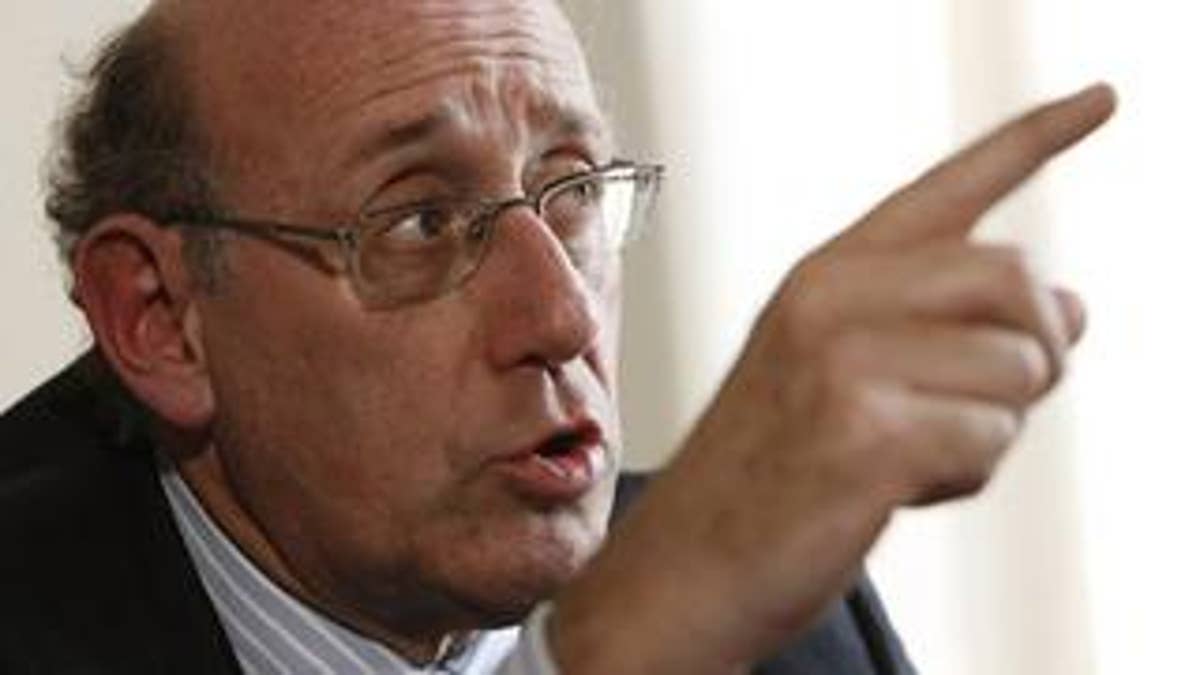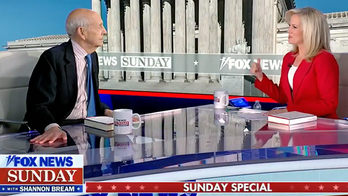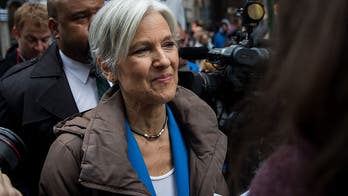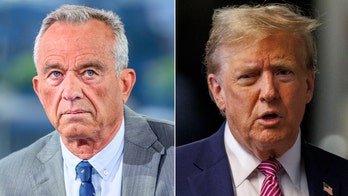
White House pay czar Kenneth Feinberg was the driving force behind the move to order steep pay cuts from bailed-out executives, and did not even seek the president's approval before making his decision.
The Treasury Department is expected to formally announce in the next few days a plan to slash annual salaries by about 90 percent from last year for the 25 highest-paid executives at the seven companies that received the most from the Wall Street bailout. Total compensation for the top executives at the firms would decline, on average, by about 50 percent.
The sweeping decision, though, came from Feinberg and not from President Obama.
One official told Fox News that Feinberg from the start had the independent authority to work with companies and make such a call. Obama was never required to sign off before final decisions were made.
On Thursday, the chairwoman of the panel that oversees the $700 billion federal bailout fund said the Obama administration is serious about the new plan. In an interview, Elizabeth Warren said reports of pending slashes in executive salaries are "real."
"It's real in the sense that it says, 'Guys, you have to understand that you can't party on like it's 2007. If you're going to take taxpayer dollars, then the game has to change. In that sense it's real,'" she said on CBS' "The Early Show."
The seven affected companies are: Bank of America, American International Group, Citigroup, General Motors, GMAC, Chrysler and Chrysler Financial.
Smaller companies and those that have repaid the bailout money, including Goldman Sachs Group Inc. and JPMorgan Chase & Co., are not affected.
Under the plan, at the financial products division of AIG, the giant insurance company which has received taxpayer assistance valued at more than $180 billion, no top executive will receive more than $200,000 in total compensation, one person familiar with Feinberg's plan said.
The administration also will warn AIG that it must fulfill a commitment to significantly reduce the $198 million in bonuses promised to employees in its financial services division, the arm of the company whose risky trades caused its downfall.
The pay restrictions for all seven companies will require any executive seeking more than $25,000 in special benefits -- things such as country club memberships, private planes and company cars -- to get permission for those perks from the government.
In a similar move, the Federal Reserve is proposing for the first time to police banks' pay policies to ensure they don't encourage employees to take reckless gambles like those that contributed to the financial crisis.
Unlike the Treasury plan, the Fed proposal would cover thousands of banks, including many that never received a bailout. The Fed would not actually set compensation. Instead, the central bank would review -- and could veto -- pay policies that could cause too much risk-taking by executives, traders or loan officers.
Feinberg's decisions on pay come after administration officials voiced sharp criticism in recent days of the plans of Wall Street firms to pay huge bonuses at a time when the country is still coping with rising unemployment and the effects of the recession.
It was unclear exactly how much the executives would be allowed to make, or how that would be determined. Each case is being handled individually, and no details were available on how the calculations were being made.
Tom Wilkinson, a GM spokesman, said Wednesday that the auto company was "currently in discussions with Mr. Feinberg's office regarding executive compensation. We will have further information once those discussions have concluded."
Gina Proia, a spokeswoman for GMAC, said the finance company has "been working on a proposal that aims at embodying the principles set forth for compensation along with balancing the need to retain critical talent necessary to execute our turnaround. Until we receive notification about that plan, we have no further comment."
Chrysler Group issued a similar statement.
The Associated Press contributed to this report.




